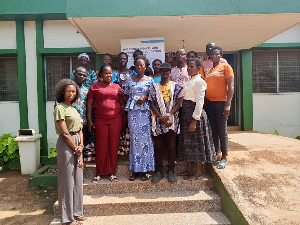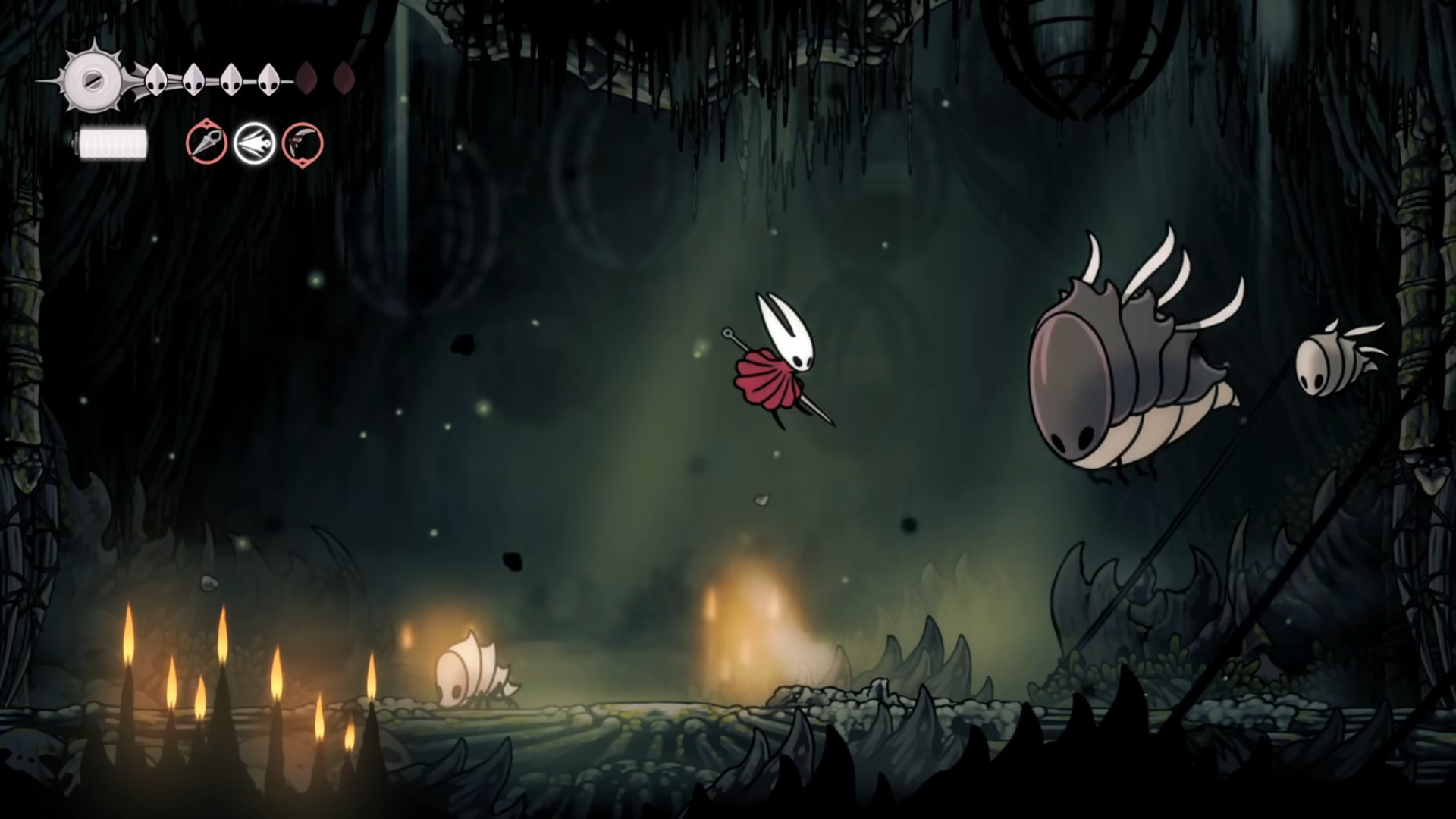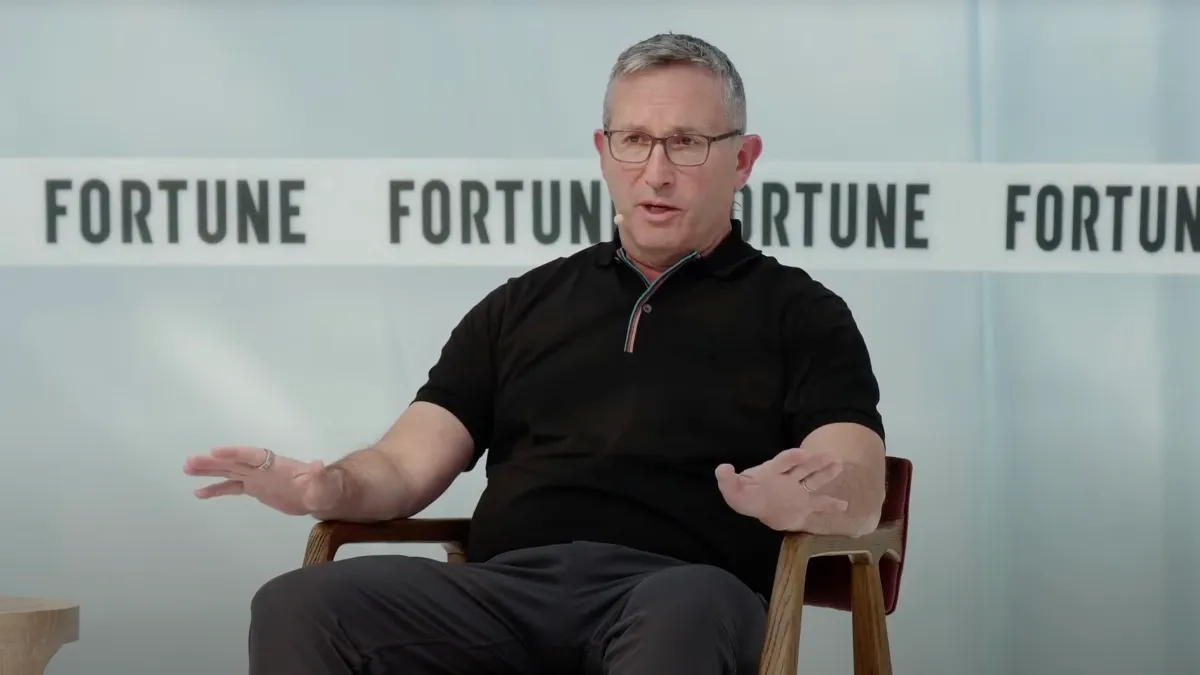By Ghana News
Copyright ghanamma

The Forum for African Women Educationists (FAWE-Ghana) has trained community groups in districts within the Upper East Region on financial management and Adolescent Sexual and Reproductive Health and Rights (ASRHR) as part of its efforts to mitigate teenage pregnancies.
The programme, which was organised in collaboration with Right to Play, WaterAid, FHI 360, and Global Affairs Canada, trained community groups on money-generating techniques.
In an exclusive interview with Emmanuel Gazari, a Senior Field Officer at FAWE, it was noted that teenage pregnancy had become alarming in the region. According to a survey, the menace was attributed to poverty.
The programme was therefore organised to engage them in a sensitisation exercise that would equip them with financial literacy—understanding money and how it works—to help bring the situation under control.
He expressed optimism that the training would enrich them with the necessary knowledge about money, which would consequently empower them to care for their adolescent children and secure their future.
At the Builsa North District, participants were grouped and tasked with presenting on various financial issues.
At the end of it all, they were educated on how to make judicious use of unexpected money, create education policies for their children, and adopt initiatives that would generate income for their groups, among others.
The same topic and exercise were replicated at the Bongo District, and at the end, FAWE gave them some advice based on the issues they raised.
They were advised to register their groups with the Ghana Credit Union. They were also instructed to refrain from acting as guarantors for relatives seeking loans, as most of them ultimately fail to repay.
“Instead, you should generate forms for sale, as well as place a processing fee for relatives as members who want to borrow money. You can generate more money for your groups through this.”
At Zundima, however, a durbar was organised by FAWE-Ghana and the Ghana Health Service to promote Adolescent Sexual and Reproductive Health and Rights (ASRHR), where, as part of implementing the SHARE project, participants were sensitised to raise awareness on the reproductive health of adolescents as part of measures to prevent teenage pregnancy.
At the durbar, parents were encouraged to educate their adolescent children about sex, as they already knew about sex and needed to be guided.
Some parents raised the issue of their adolescent girls being secretive about their sexual problems and were advised to be open and friendly with them, so that they would be open in return and get the needed advice when the need arises.
Some mothers also raised concerns about some fathers always referring their daughters to them anytime they approached them with a need. Such fathers were advised to desist from that act, as it created a breeding ground for the girl to be taken advantage of by men.
Some participants shared their views at the end of the two-day programme.
Madam Priscilla noted that initially, anytime teenage girls were raped in her community, community leaders demanded they withdraw such cases from the police station and demanded settlement at the community level, but added that they have been empowered to report such cases for justice to be served.
“We were always afraid to press for justice for fear of being victimised, but now, thanks to FAWE, they have been empowered to report such cases anytime they happen with the assurance that our identities will be protected. They even gave us a contact number through which we can reach them,” she said happily.
Dominic Apika noted that his susu group mostly encountered the situation of members borrowing and not being able to pay back their loans, adding that the problem will be a thing of the past, as they have been taught how such a situation can be avoided.
“There is always confusion. People will borrow and cannot pay back. I have learnt that we need to look at how much people pay and use that to determine how much they can borrow. If you don’t pay much, you can’t borrow up to a certain amount,” he said.
Madam Fausti indicated that the programme has taught her to have a good relationship with her teenage daughters and also to educate them about sex so that she can be part of their lives and guide them accordingly.
Participants are expected to meet with their various groups and discuss what they gathered during the training, after which FAWE officials will be invited again to take them through other concerns that might come up.



